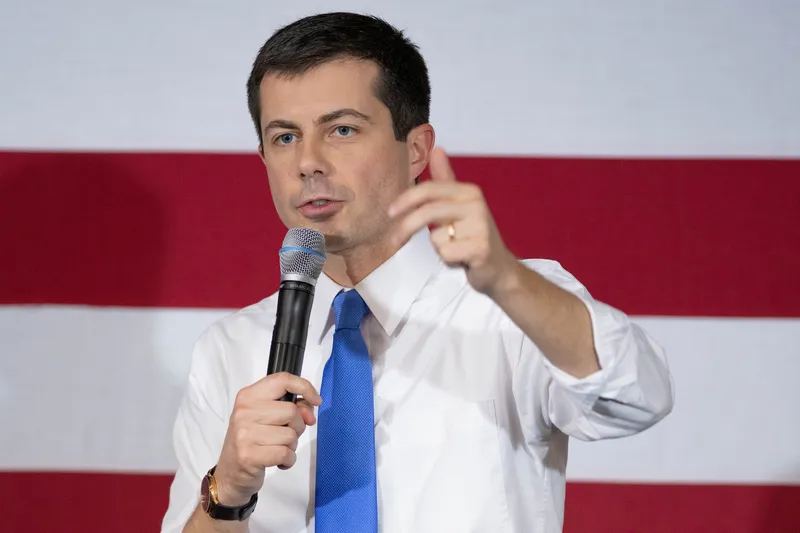US Transportation Secretary Anthony Foxx predicted there would be a repeat of this summer’s infrastructure funding debate in Congress next year despite the likelihood of US$10.9 billion bill, passed by the House, becoming law before the end of this month.
Foxx said during an interview with MSNBC’s Ed Schultz on Tuesday evening that the House-passed legislation failed to address the long-term issues that have been plaguing federal transportation funding for years. “What’s going on in Capitol Hill right now is folks have been scouring around trying to get a few more months to consider this issue again, but we'll be right back here in next spring if it passes,” he said.
The measure would provide US$10.9 billion to extend federal transportation until May 2015. Democrats had hoped for a multi-year bill that could have included an increase in the 18.4 cents per gallon gas tax, which is the traditional transportation funding source. Republicans in the House resisted the push to increase the gas tax, however, turning to other areas of the federal budget like pension changes and custom fees for transportation funding.
The House package would only be enough to carry transportation funding until next spring because the Department of Transportation has said that there is a shortfall of around US$16 billion in its Highway Trust Fund.
Foxx blamed Republican resistance to consider a long-term fix on pressure from outside conservative groups in his post-vote interview. He said he was glad lawmakers were moving to prevent a bankruptcy in transportation funding that he had warned for months would occur next month, but eventually Congress was going to have to address the root of the infrastructure problem and come up with a transportation funding source, however.
Foxx concluded that “we need to invest in infrastructure and we need to be doing more of it than we've been doing.”
Foxx: US needs to invest more in infrastructure
US Transportation Secretary Anthony Foxx predicted there would be a repeat of this summer’s infrastructure funding debate in Congress next year despite the likelihood of US$10.9 billion bill, passed by the House, becoming law before the end of this month.
Foxx said during an interview with MSNBC’s Ed Schultz on Tuesday evening that the House-passed legislation failed to address the long-term issues that have been plaguing federal transportation funding for years. “What’s going on in Capitol Hill right
July 18, 2014
Read time: 2 mins









